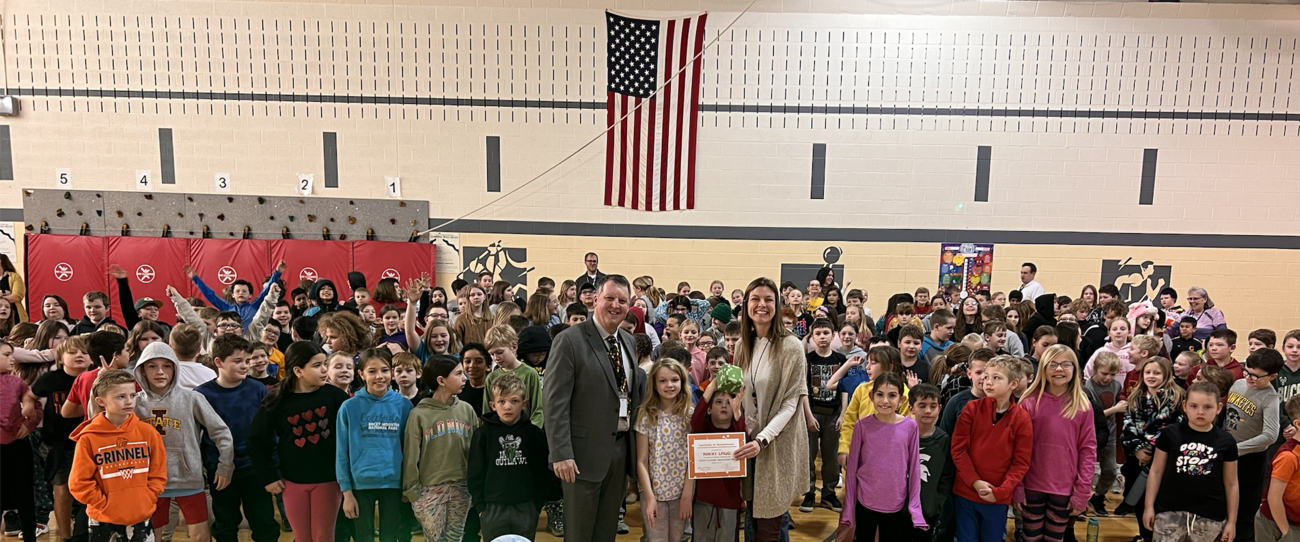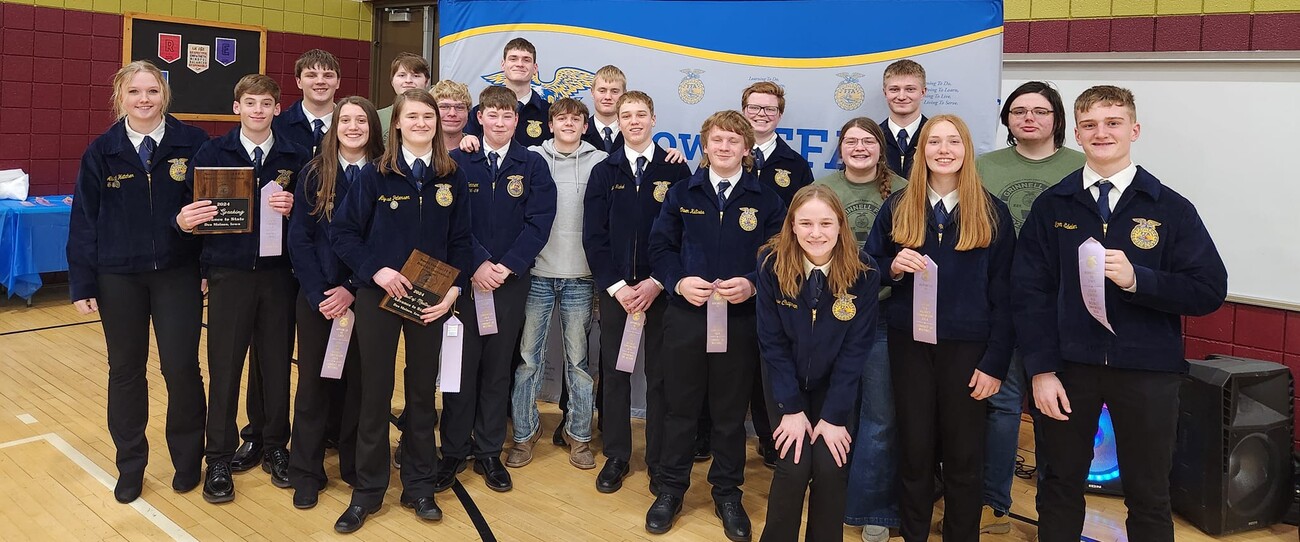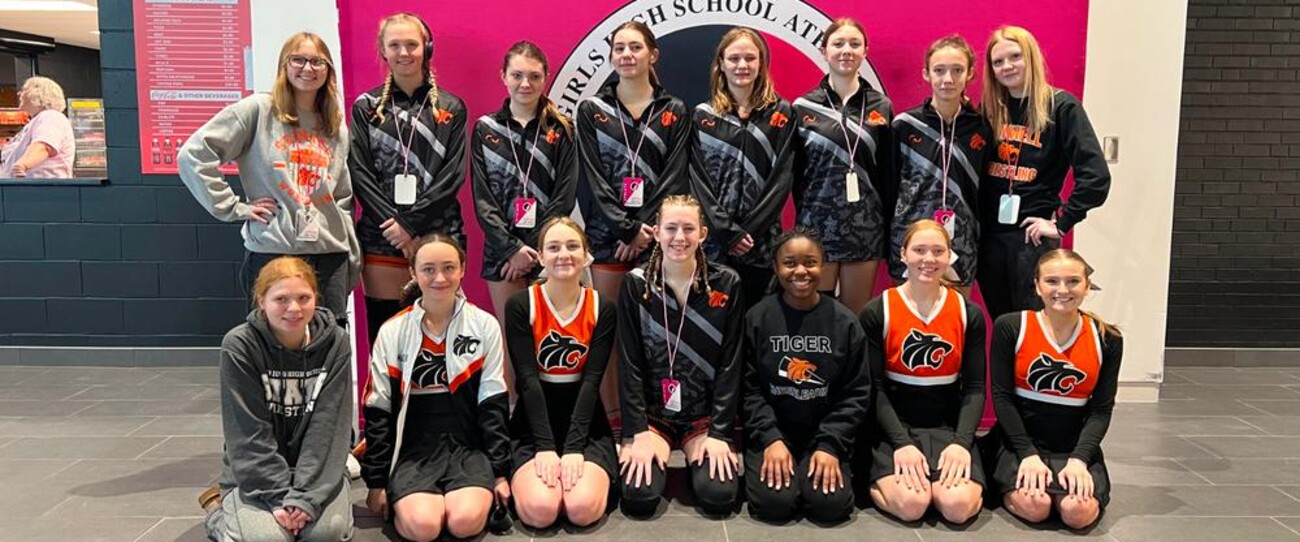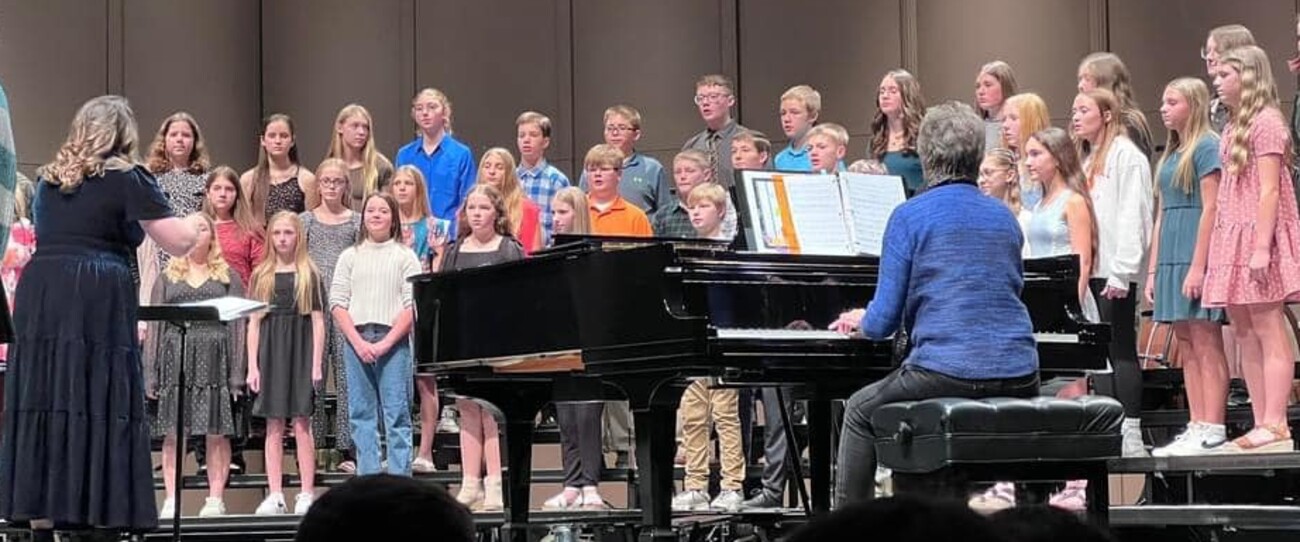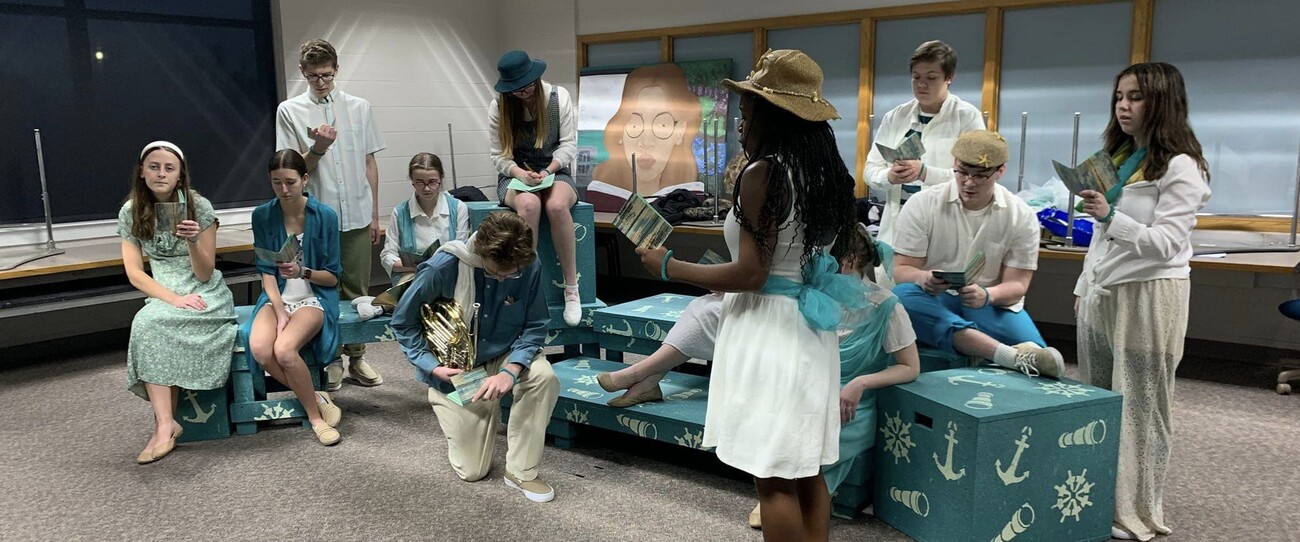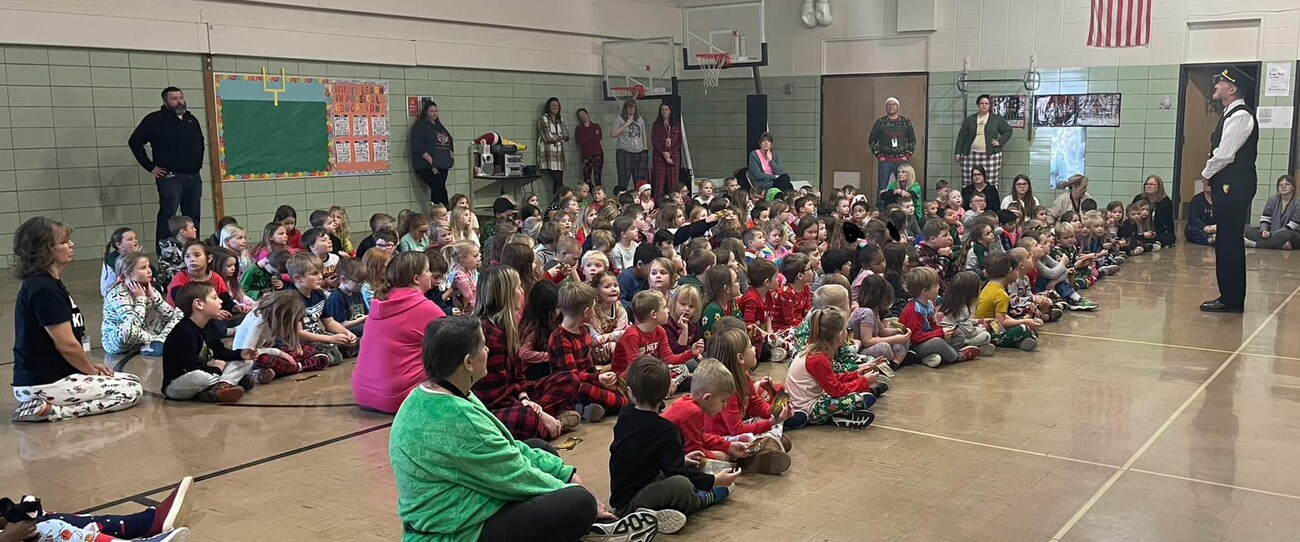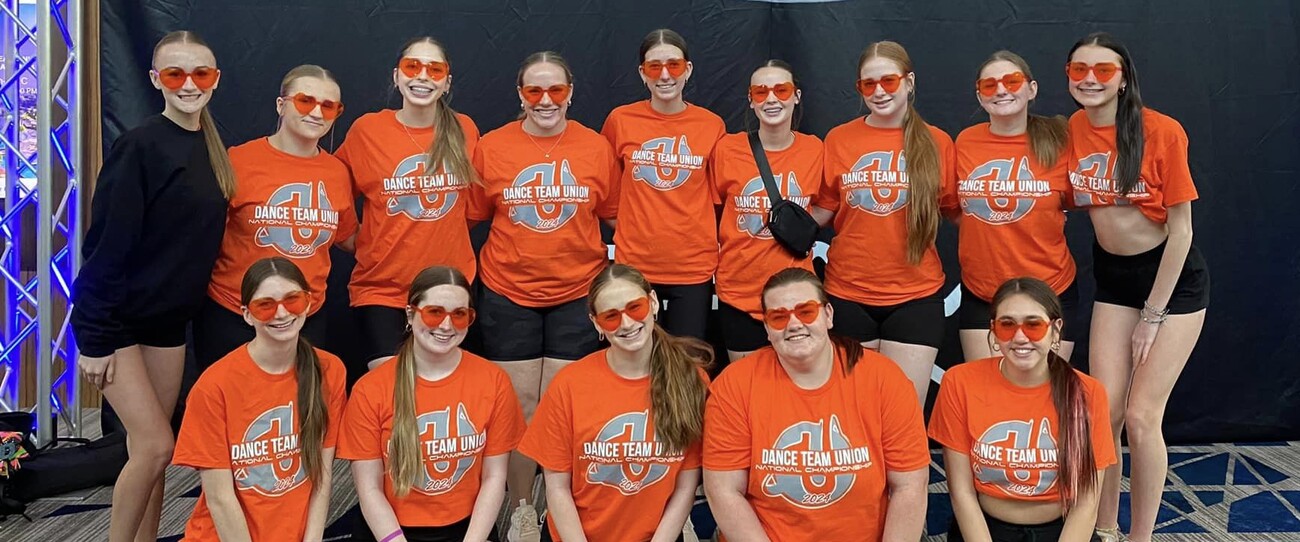Resources to Support Substantive Conversation
Talk is about concepts, themes, and problems in the discipline and includes higher order thinking such as making distinctions, applying ideas, forming generalization, or raising questions, not just the reporting of experiences, facts, definitions, or procedures.
Conversation involves the sharing of ideas. Sharing is best illustrated when participants respond directly to previous speakers by explaining themselves or asking questions to clarify other speakers’ statements. Conversation of this sort is not completely scripted or controlled by one party.
Conversation involves the sharing of ideas. Sharing is best illustrated when participants respond directly to previous speakers by explaining themselves or asking questions to clarify other speakers’ statements. Conversation of this sort is not completely scripted or controlled by one party.
The dialogue builds on participants’ statements to promote a coherent collective (rather than only individualized) understanding of a disciplinary concept, theme, or problem. This is illustrated in seminars or small group discussions that, through sustained conversations, integrate the contributions of all participants into common understandings shared by the group.
Disciplined Inquiry
When discussing online and blended classrooms, a frequent question is asked. "Can there be a substantive conversation in written form?" The answer to this question is not black and white. However, exploring the relationship between Elaborated Communication and Substantive Conversation will assist in the discussion. Both Elaborated Communication and Substantive Conversation are standards within disciplined inquiry. Newmann describes disciplined inquiry as the development of an adequate base of knowledge and an in-depth understanding of the content and methods of the discipline that is exhibited through complex communication of ideas central to the discipline. It is important that students understand, as adults in a range of fields, they will display disciplined inquiry when they use complex forms of communication (written and oral) to conduct their work and to present its results.To be reminded of the intent of Elaborated Communication and Substantive Conversation, it is helpful to review the "spirit" of the standards.
- Substantive Conversation asks the questions: "Does the lesson use dialogue to build shared and coherent understanding of the disciplinary concept/theme or does the lesson rely on lecture and short-answer formats to transmit information?"
- Elaborated Communication asks the question: "Does the task ask students for complex and coherent clarifications, explanations, or arguments, or does it ask for brief, few-word responses?"
Answering these two questions will help teachers identify if students are communicating at a meaningful level.
Resources
Tools
- Adobe Connect Now - Audio chat, video conference, text or whiteboard
- Acrobat Connect Professional - Web conferencing for web meetings, eLearning, and webinars
- Blackboard Collaborate - Virtual classrooms and real-time collaboration
- Elluminate Live - Create virtual classrooms and meeting spaces
- Flash Meeting - Video web meeting
- Google+ Hangout - Multi-person video chats
- Hall - Group chat, video chat, file sharing, and more
- LiveMinutes - Start meeting, gather everyone's thoughts, share results
- ShowDocument - Real-time video and document-sharing meeting space
- Skype - Real time video and audio call - group capacity
- Teamviewer - Online meetings, presentations, training session and team work – collaborate online on documents in real-time
- Webinars - Creating Webinars with Open Source Software
- Yugma Web-conferencing - Web conferencing allows anyone, anywhere to share their desktop and ideas online
Tools
The second list of tools may be used to supplement verbal conversations.
(The Center for Authentic Intellectual Work is currently exploring the impact of written conversation as related to online and blended classrooms. More to come.)
- aMap - Group discussion, summary, debate, and critical thinking
- Barkles - Ask the world a question, get opinions in real time, and debate
- Chats Tools - 50 plus tools described
- ConceptBoard - Collaborate, share, discuss, provide feedback
- Debategraph - Visualize and share thoughts, make reasoning transparent, collaborative, reflective
- DropMind - Collaborate synchronously, create thinking maps and templates, track change history
- Google Doc - Create, share, collaborate, and store documents
- Instant Messaging (via screen name and program) - 10 web-based tools described
- Mentimeter - Create questions, participants respond via mobile phone, share results
- Mind42 - Collaborative mindmapping
- Nicenet - Conferencing, document sharing, messaging, and linking
- Soapbox - Allows educators to have students provide input during the class
- Text Messaging (via phone number)
- Today's Meet - Backchanneling - Learners share insights, questions, and answers
- Twitter - Group discussions, learn from others, share information, ask questions, offer ideas
Teaching Videos
- Analyzing Text - Substantive Conversation - (Could technology enhance this lesson?)
- How KIPP Teachers Learn to Teach Critical Thinking - Socratic Seminar - Discussion of setting up a discussion
- Math - 7th Grade Math - "Think Tank" and "Be Heard Discussions" (Could technology enhance this lesson?)
- Science - Biology (Could technology enhance this lesson?)
- Small Group Writing - Substantive Conversation (Could technology enhance this lesson?)
- Socratic Seminar - Supporting Claims and Counterclaims (Could technology enhance this lesson?)
- Student and Teacher Collaboration while Student Teaching using Technology
- Strategies for Student-Centered Discussion (Could technology enhance this lesson?)


